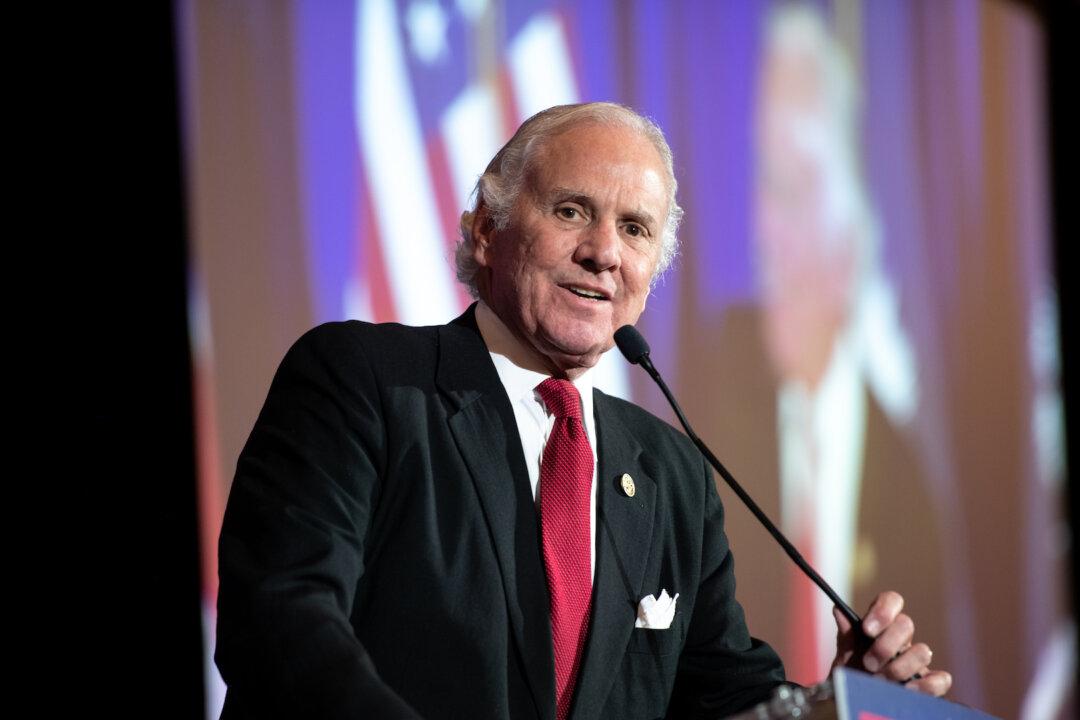South Carolina’s governor on Thursday ordered an end to the state’s participation in all federal COVID-19 pandemic-related unemployment benefit programs, citing workforce shortages.
The move will be effective on June 30, whereby the state will opt out of six federal COVID-19 pandemic unemployment programs that it had previously chosen to participate in.




